Dear ladies and gentlemen, while you speak, do you also talk with your hands? Do you know why you are having these gestures? Hand gestures are also another form of communication. Let’s learn some confident and meaningful hand gestures to adopt!
Why do we make gestures when we talk?
No matter the language we are speaking, hand gestures are part of our parlance and are as important as the words we are saying. We use our hands for different reasons:
Pointing gestures: to identify an object or a person in the environment.
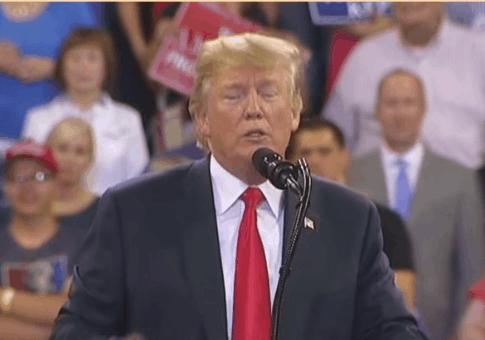
Keeping the beat of the speech: hand gestures play a role in coordinating the timing and pacing of what is being said.
Miming: when we forget a word we tend to use our hands to make the listener know what we want to say.
“Second language”: gestures can reveal information that may be absent in the speech, it might signal that a certain point is more important than others.
Gestures
Here are some hand gestures you can adopt while speaking:
Listing
Every time you say a number, show the corresponding number with your fingers, it will act as an anchor and underline what you say.

Descriptive
We use our hands to describe something, a situation or a shape, they can improve the impact of your words and the audience will understand more your point.
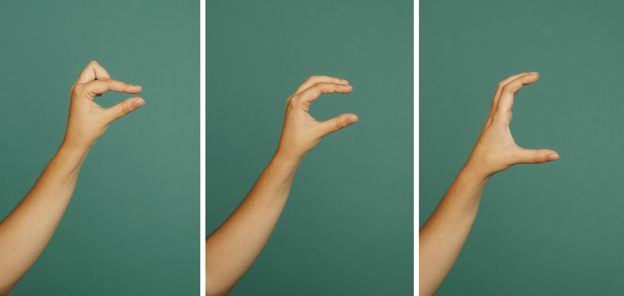
Emotions
When you speak about your emotions, keep your hands around your heart area, that way it will give more intensity about how you feel and the listener will know you are talking about something that matters to you.

Separate ideas
When you speak about two different groups, use one hand for each, that way the listeners keep track of which group you are talking about, you can end your speech by bringing your hands together to match the two groups.
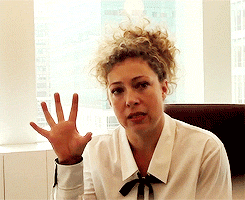
Prompting
Interact with your audience, ask them a question, if they are happy to be here, and they will raise their hand if they are. The listeners will more likely to do it if you show the gesture first.

Suggestive
Use your hands to show suggest an idea or a feeling, for example shrug your shoulders if you don’t know something.

Pointing
It is seen as rude to point at something with one finger, prefer showing something with your hand opened.

Politicians are trained to close their hand and point at the audience with their thumbs, less aggressive and conveys that everything is good.
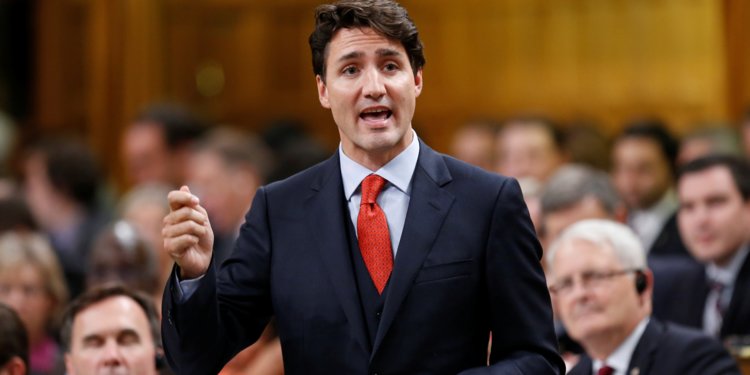
Crossing arms
A gesture you should avoid doing, it conveys a feeling of defence and negativity, the audience will think you are closed for any exchange, if you see you are doing it, hold a small object to make you uncross your arms.
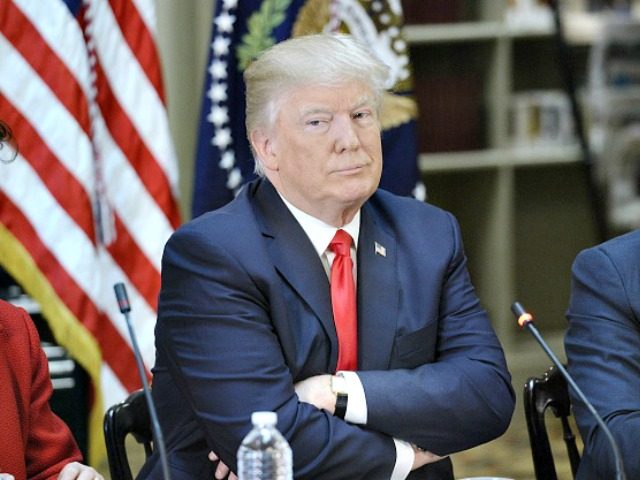
Exercises
If your hands are going everywhere when you speak and you think there are not relevant to what you are saying, here are two simple exercises for you to practice at home:
Put one hand on the other in front of you and try to speak without moving them.

Extend your arms forward, palms up and put some papers on them or hold two glasses full of water.
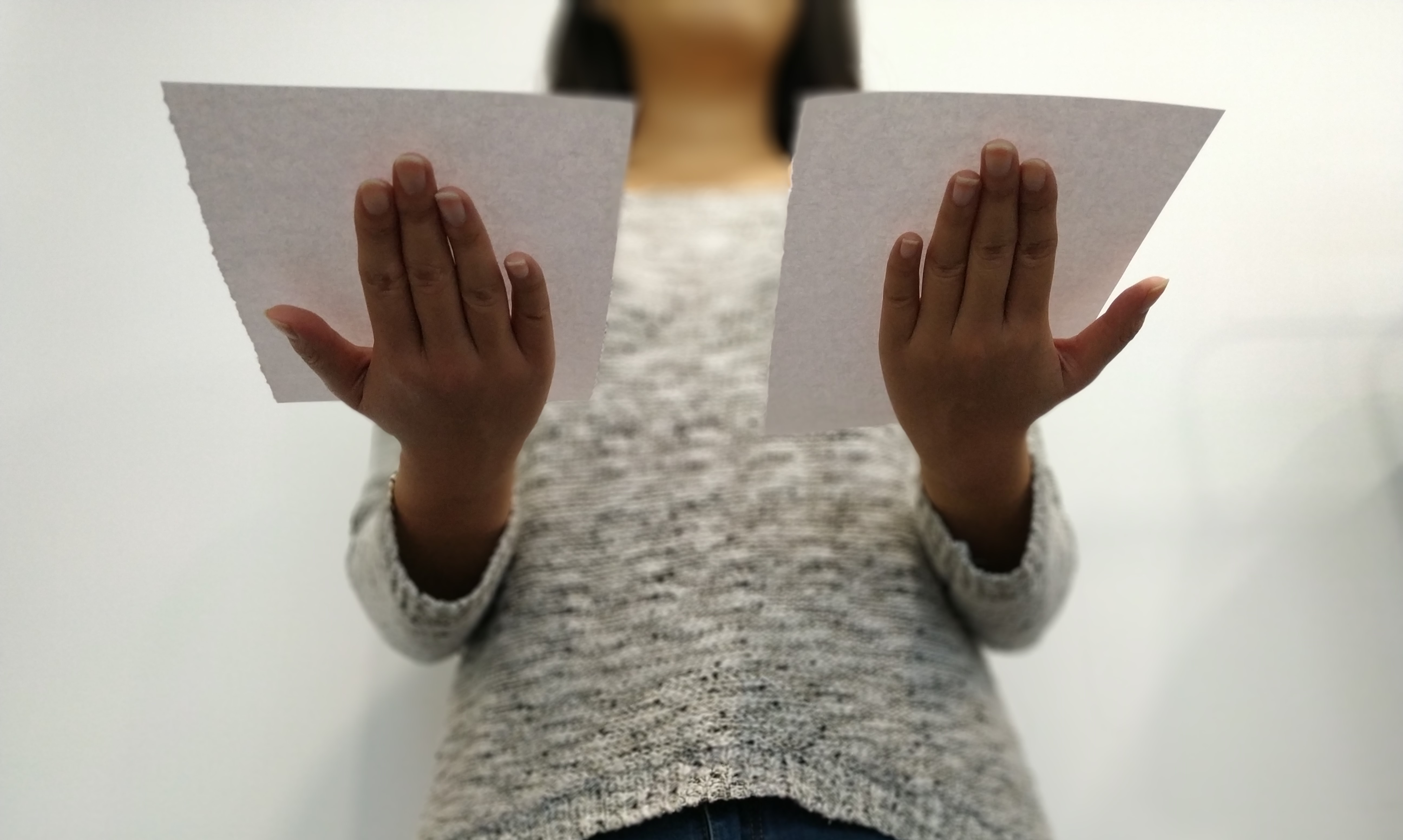

Hand gestures are important to show to people how a good communicator you are and also to show your charisma. Now you can practice on your own and master them!


